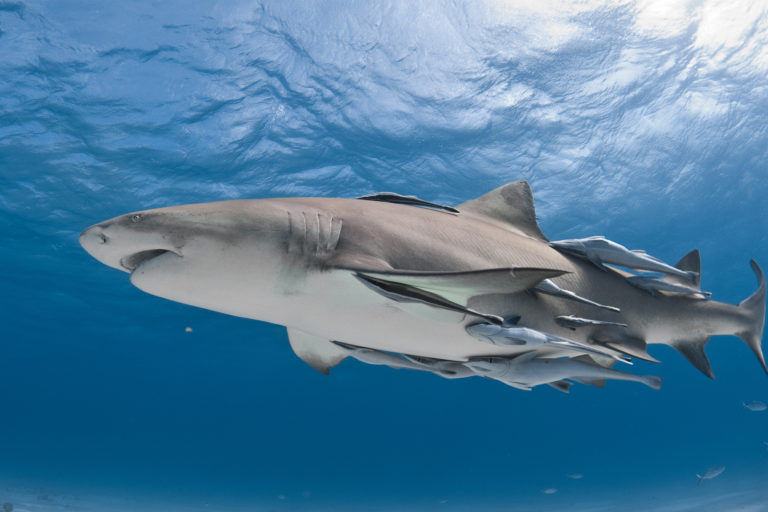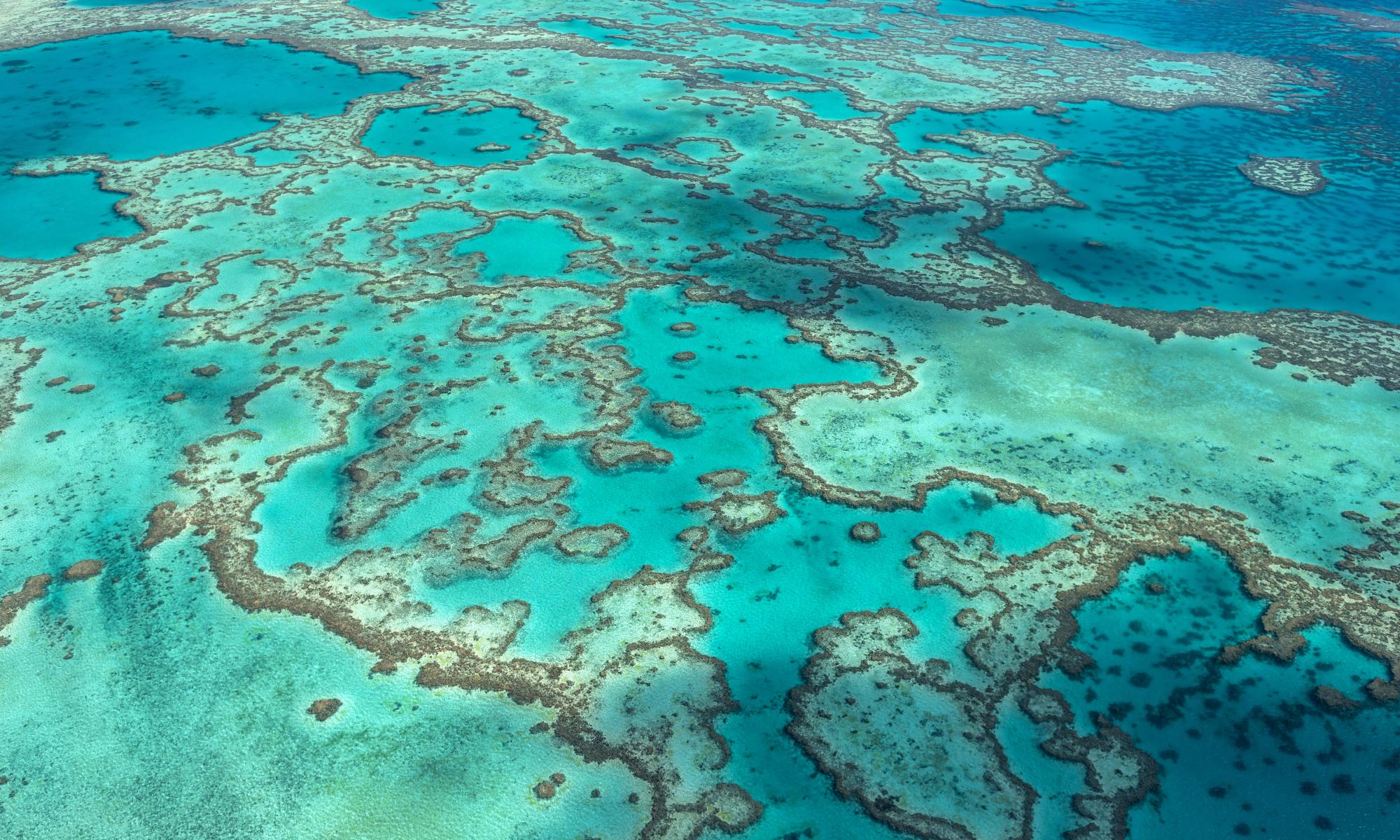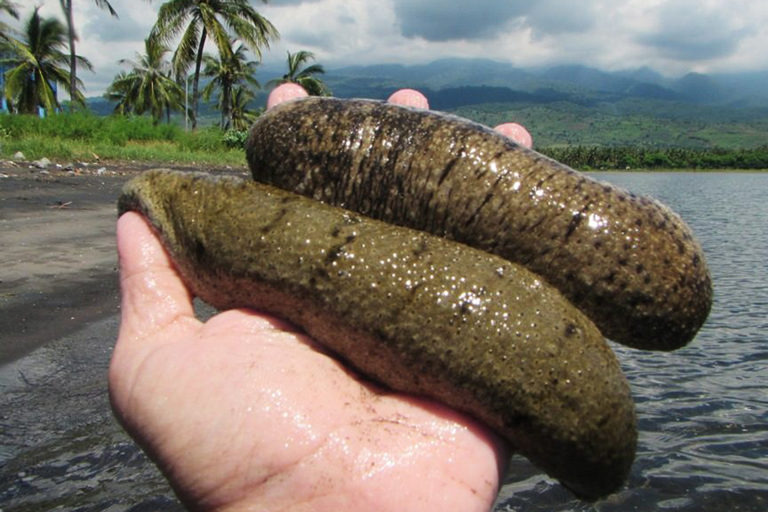A Church of England vicar on the Holy Island of Lindisfarne has called the proposal to ban local fishing a “real error” with “massive socio-economic impact”.
One of the most important centres of early Christianity in England, the tidal island in Northumberland saw the first significant Viking attack in Europe and is the birthplace of the Lindisfarne gospels, now housed in the British Library. Every year, half a million visitors flock to its 12th-century priory, castle, pubs and cafes.
But today’s residents – who number about 160 – say the government’s proposal to ban fishing in order to rewild the ocean threatens centuries-old livelihoods and would “rip the heart” out of the community.
The plan would introduce a highly protected marine area (HPMA) of 129 sq km, covering the island and north-east of the Farne Islands to allow marine life to fully recover, according to Defra. The area, one of five pilot HPMAs proposed for England, boasts 850 species of seabirds and fish, 40 of which are threatened or important.
“I don’t think it has been thought through properly,” Rev Canon Dr Sarah Hills, the vicar of St Mary’s parish church, told the Guardian. “And [I don’t think] Defra have considered the massive socio-economic impact. They could have make an effort to find out before they launched this proposal. It’s a real error.”
Between 10 and 15% of the island’s permanent residents are small-scale crab and lobster pot fishers, the only type of fishers allowed in the already protected marine area.
If the proposal went ahead, the fishers, who operate six boats from the island, would be “stumped”, Hills said. They couldn’t relocate to the north or south because other fishers already work there.

Defra acknowledges that the plans could see fishers displaced to other ports along the coast, which would “lead to an increase in fishing pressure in the surrounding MPAs, and the potential to create conflict between fishers in this fleet due to the lack of space to place additional pots”.
Hills said the islanders practice sustainable fishing and are not opposed to HPMAs per se. This was not an issue of “fishers against conservationists”, she said.
The fishers argue that their methods have allowed a thriving seal population, citing a scientific study published by the University of Plymouth, which concluded “commercial pot fisheries are likely to be compatible with marine conservation when managed correctly at low, sustainable levels”.
“The Church of England has many ways of trying to stand up for justice, and this is a real social justice issue,” said Hills, adding that the fishers had asked her to be their spokesperson.
She said that if fishers on the island were forced out of work, they would have to leave the island entirely because the twice-daily tides make it possible to access the mainland for only 14 hours a day, making other employment difficult.
Families of fishers study and work in its school, pubs and restaurants, and at least three are fully trained first responders – half of the coastguard team and the island’s 999 response, Hills said.
The Northumberland Inshore Fisheries and Conservation Authority (NIFCA), which would be responsible for regulating and policing the HPMA, said strict rules are already in place for fishers, including no trawling or dredging.
“There are five types of marine protected areas around Lindisfarne,” said Les Weller, the chair of the NIFCA, “We are one of the most protected parts of the coast.”

Weller said he had only found out about the proposal from a Guardian article published in June. “This is a top-down consultation and is very ill-thought through,” he said. “Our seas here have never been in decline.”
Weller said he would lead a “balanced consultation, from the bottom up”, and submit the result to Defra before the closing date on 28 September.
A spokesperson for Defra said the consultation would inform future decisions on HMPA boundaries.
“Highly protected marine areas will protect the marine environment and help a wide range of valuable habitats and species to fully recover while ensuring we can continue to meet the sustainable needs of those who rely on our seas”, the spokesperson said.


